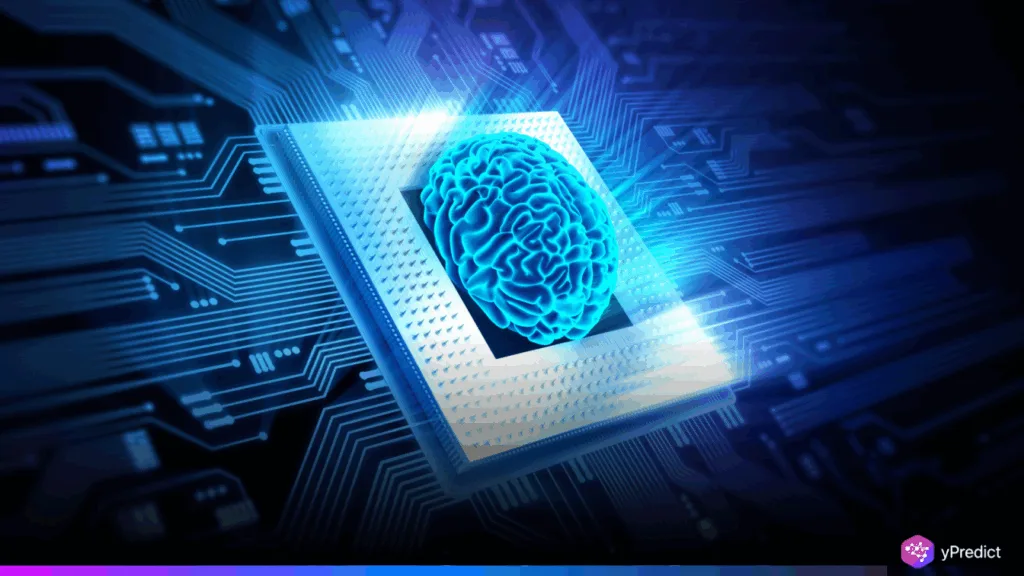
With the current world, with changes in technology, and thereby, changes in the law following unpredictable paths, the Digital Bill of Rights has become an ardent offering to protect the rights on the internet and in the technological world. It focuses on equating what are already perceived to be right to traditional rights of privacy, free speech, and autonomy. This has become especially urgent with the emergence of brain-computer interfaces (BCIs), which are options that have the ability to read (or otherwise alter) human thought. Such tools can later turn into the gateway to new, unexplored levels of surveillance, in the absence of legal safeguards against it.
Brain-computer interfaces are driving the urgency for a comprehensive Digital Bill of Rights
BCIs such as the one envisaged by Elon Musk and his Neuralink are another quantum step forward in machine-human interfacing. Medical applications of these devices were the first in development, and now these devices are slowly creeping onto the consumer market with the preparation of thought-controlled devices, memory enhancements, and smooth digital interactions. The opportunities are huge, but the solutions and the risks are also frightening. Corporations or governments would be allowed to monitor, store, or alter neural data without your consent (your inner thoughts) without the Digital Bill of Rights.
Authoritarian regimes are already using AI to engage in widespread surveillance, and democratic societies have problems controlling the data habits of the tech giants. Such a lack of oversight may result in so-called thought economies, in which ideas become commodities. These facts ensure that the Digital Bill of Rights is more of a necessity than a choice. Introducing it as inviolable data of the brain, just like the integrity of a body, it can develop a legislative barrier in front of invasive technologies. Otherwise, BCIs would become a tremendous source of control that would broaden social disparities and undermine mental self-determination.
How nations and organizations are shaping the Digital Bill of Rights
The demand for a Digital Bill of Rights is not recent. In 2012, Tim Berners-Lee suggested having a Magna Carta of the Web to protect privacy and openness. Most recently, in 2023, Florida approved its similar version, which guarantees the residents control over their data, prohibits some of the specific algorithm methods, and enables residents to sue violators. Globally, stakeholders expect the UN 2024 Digital Compact to follow an analogous agenda covering the same principles since it seeks to guarantee equitable access to technology and security against digital abuses.
There had been no advancement on state and federal laws in the U.S.; however, concerns have been piling high on the ethics of AI and misuse of BCIs, resurrecting the controversy. Advocacy organizations, such as the Electronic Frontier Foundation, but also xAI-inspired thinkers, have indicated the need to address the Digital Bill of Rights with concerns of transparency regarding algorithms, non-consensual surveillance by neural sensors, and the express privilege of ownership over personal data.
Why a Digital Bill of Rights is the cornerstone of ethical technological progress
The Digital Bill of Rights is neither a fantasy nor a dream anymore: It is an ethical foundation and a legal requirement. BCIs, AI, and other new technologies are invading daily lives, so, consequently, they question the very notion of privacy, autonomy, and domination of free will. Establishing Neural Data Rights and putting transparency and accountability requirements on the use of algorithms, the Digital Bill of Rights guarantees that humanity benefits through innovation, rather than the other way around. Its absence might result in mental sovereignty erosion and the rise in inequality over the next decade. On it, the digital age may develop in balance with the democratic principles and dignity of man, which will guarantee the most sacred frontier: the mind.






